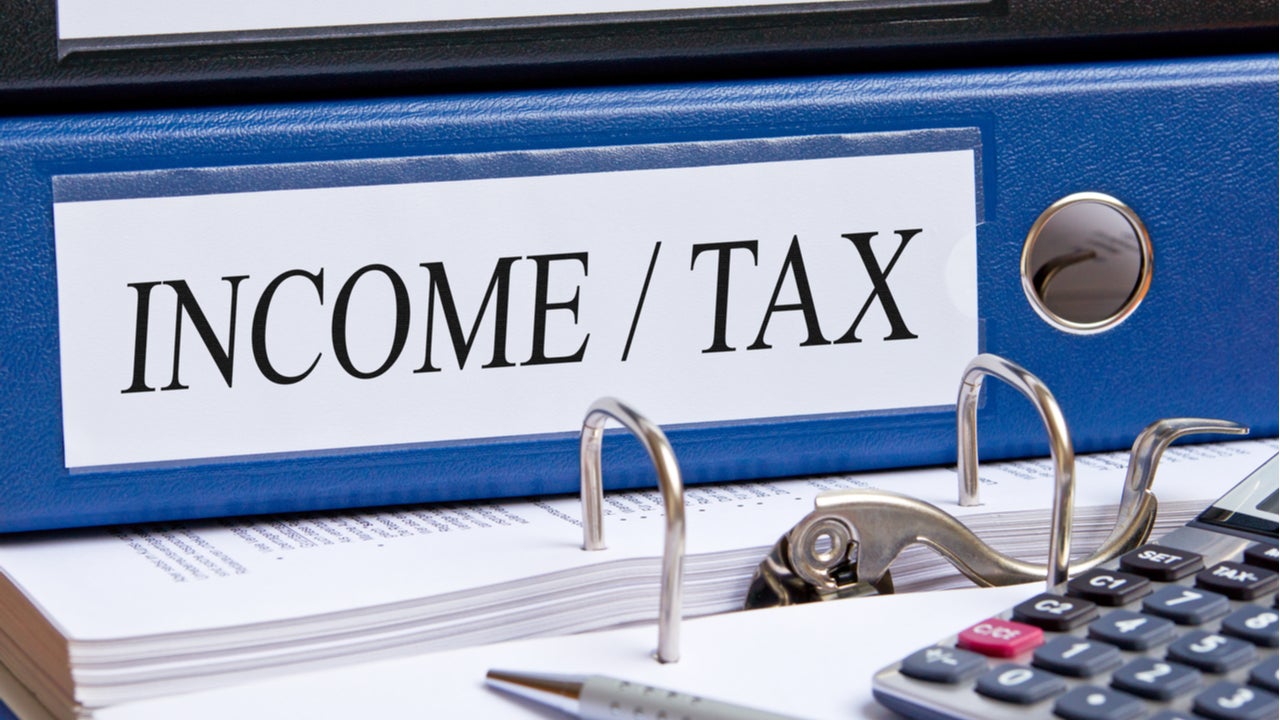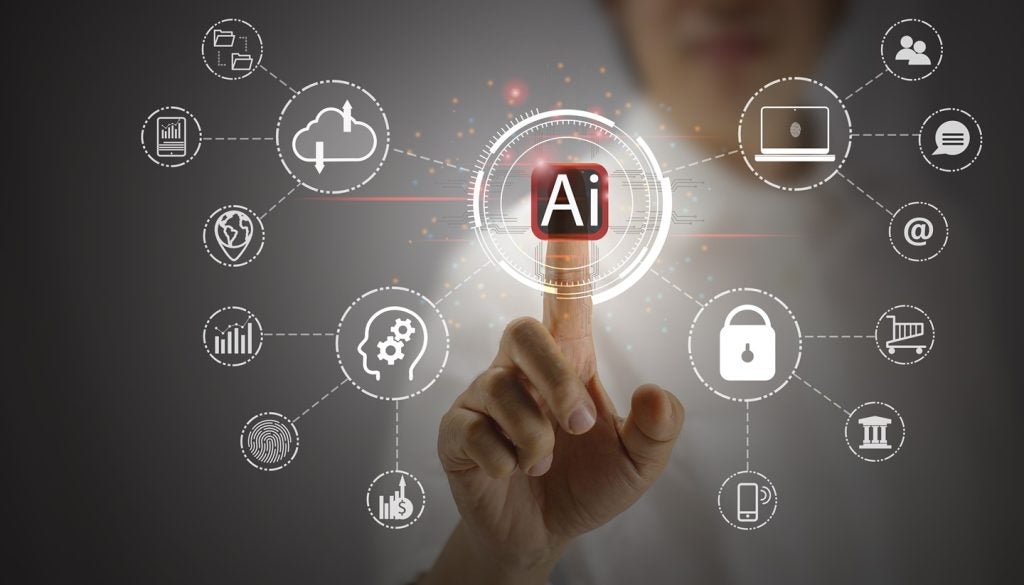
The amount of income tax paid by self-assessment taxpayers has jumped 31% to £38bn in the past year*, up from £29bn the previous year, shows analysis of HMRC tax receipts by UHY Hacker Young
UHY Hacker Young says the boom in tax revenues from the self-employed is because they are now under pressure to repay the tax they have been deferring since the start of the Covid-19 outbreak. That has meant the self-employed having to pay much higher tax bills than normal.
As one of the Government’s Covid support measures, the self-employed were given the option to defer their July 2020 payment on account last year, until 31 January 2021. However, with that deadline having passed taxpayers are now having to pay that outstanding tax bill or negotiate a new extension on that payment with HMRC.
Many individuals and businesses are still struggling to pay their tax bills as the impact of Covid on the economy is far from finished.
UHY Hacker Young says taxpayers that still find themselves unable to pay their tax bills should consider making use of Time to Pay arrangements. This is where payments are staggered in instalments, usually over a 12-month period.
How well do you really know your competitors?
Access the most comprehensive Company Profiles on the market, powered by GlobalData. Save hours of research. Gain competitive edge.

Thank you!
Your download email will arrive shortly
Not ready to buy yet? Download a free sample
We are confident about the unique quality of our Company Profiles. However, we want you to make the most beneficial decision for your business, so we offer a free sample that you can download by submitting the below form
By GlobalDataGraham Boar, Partner at UHY Hacker Young, says: “These figures show HMRC is starting to claw back the tax owed by self-assessment taxpayers. It appears we’ve passed peak leniency from HMRC.”
“However, HMRC will still try to help taxpayers who can’t afford their tax bill and are happy to keep rescheduling debts through the Time to Pay system.”
*Year to 31 August






